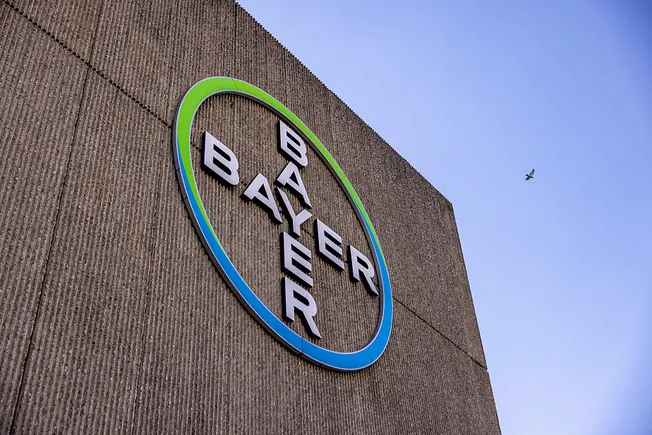Vertex acquires another maker of potentially curative diabetes treatments


Dive Brief:
- For the second time, Vertex is shelling out hundreds of millions of dollars to acquire a potentially curative treatment for Type 1 diabetes.
- Announced Monday, the deal would have Vertex pay $320 million for ViaCyte, a privately held, San Diego-based developer of stem cell-derived therapies for the disease. The purchase comes almost three years after Vertex agreed to spend almost $1 billion to acquire Semma Therapeutics, another biotechnology company attempting to effectively cure Type 1 diabetes with stem cell-based medicines. One of Semma’s programs, dubbed VX-880, is currently in human testing.
- Vertex said the ViaCyte deal provides “complementary assets, capabilities and technologies” to the ones it picked up through the Semma deal, including manufacturing facilities that could help accelerate its existing Type 1 diabetes programs. Vertex expects the acquisition to close later this year, provided that it gets a sign off from antitrust regulators.
Dive Insight:
Historically, Vertex has been best known for its work in cystic fibrosis, bringing four so-called “small molecule” drugs to market that, last quarter alone, collectively generated more than $2 billion in revenue.
But with Vertex now offering treatment options for an estimated 90% of the cystic fibrosis population, investors have wondered what research areas the company will branch into to find new growth. In a note to clients, analysts at the investment firm Stifel wrote that the ViaCyte deal reflects Vertex’s commitment to cell therapy.
They point out how ViaCyte, which was founded in 1999 under the name Novocell, has decades of experience in the space and a “strong” intellectual property position. ViaCyte also has collaborations in place with both device makers and CRISPR Therapeutics, a gene-editing biotech that has for years been partnering with Vertex on a possible cure for two blood disorders.
What’s more, ViaCyte has ushered multiple programs into human testing. The resulting data that it’s collected “could be highly informative and valuable to really anyone working in this area,” according to Stifel analyst Paul Matteis.
Yet, there are potential concerns with the acquisition. For one, Vertex is aiming to bring into its portfolio two competing treatments at a time when the Federal Trade Commission has vowed to intensely scrutinize biopharma transactions that involve overlapping products. In an emailed statement, a spokesperson countered that the treatment landscape for Type 1 diabetes is “large and diverse,” involving a variety of marketed products and other cell therapies in clinical development. “We are looking forward to completing the … process and closing the deal,” the spokesperson said.
Matteis notes that he and his team still view the ViaCyte deal as surprising, given Vertex has framed the assets from its Semma acquisition as best-in-class. They also see the deal as “very high risk,” due to some of the challenges inherent to creating these kinds of therapies.
To be effective, a cell therapy for Type 1 diabetes must not only be able to restore insulin production but also avoid triggering a response from the body’s immune system. That presents “complex” problems for cell and device engineers, according to Matteis, and it may be some time before they’re ironed out.
One strategy employed by ViaCyte has been to suppress patients’ immune systems so that engineered cells can properly engraft. But the Stifel team, after speaking with “key opinion leaders,” argues that developers can’t rely on chronic immunosuppression if they want to create a “commercially compelling” cell therapy for Type 1 diabetes.
To Jefferies analyst Michael Yee, the asset that pushed Vertex to acquire ViaCyte is the partnered program with CRISPR.
Known as VCTX210, the therapy is designed to not be recognized by the immune system. It’s currently being evaluated for safety and tolerability in an early-stage clinical trial that began dosing in February and should produce data late this year or in 2023.
Meanwhile, Vertex was cleared last week to resume a study of VX-880 that the Food and Drug Administration had recently paused. According to Vertex, the FDA claimed that the company hadn’t provided enough information to support plans to give participants a higher dose of the therapy.
This post has been syndicated from a third-party source. View the original article here.




